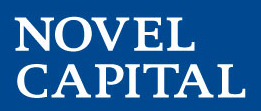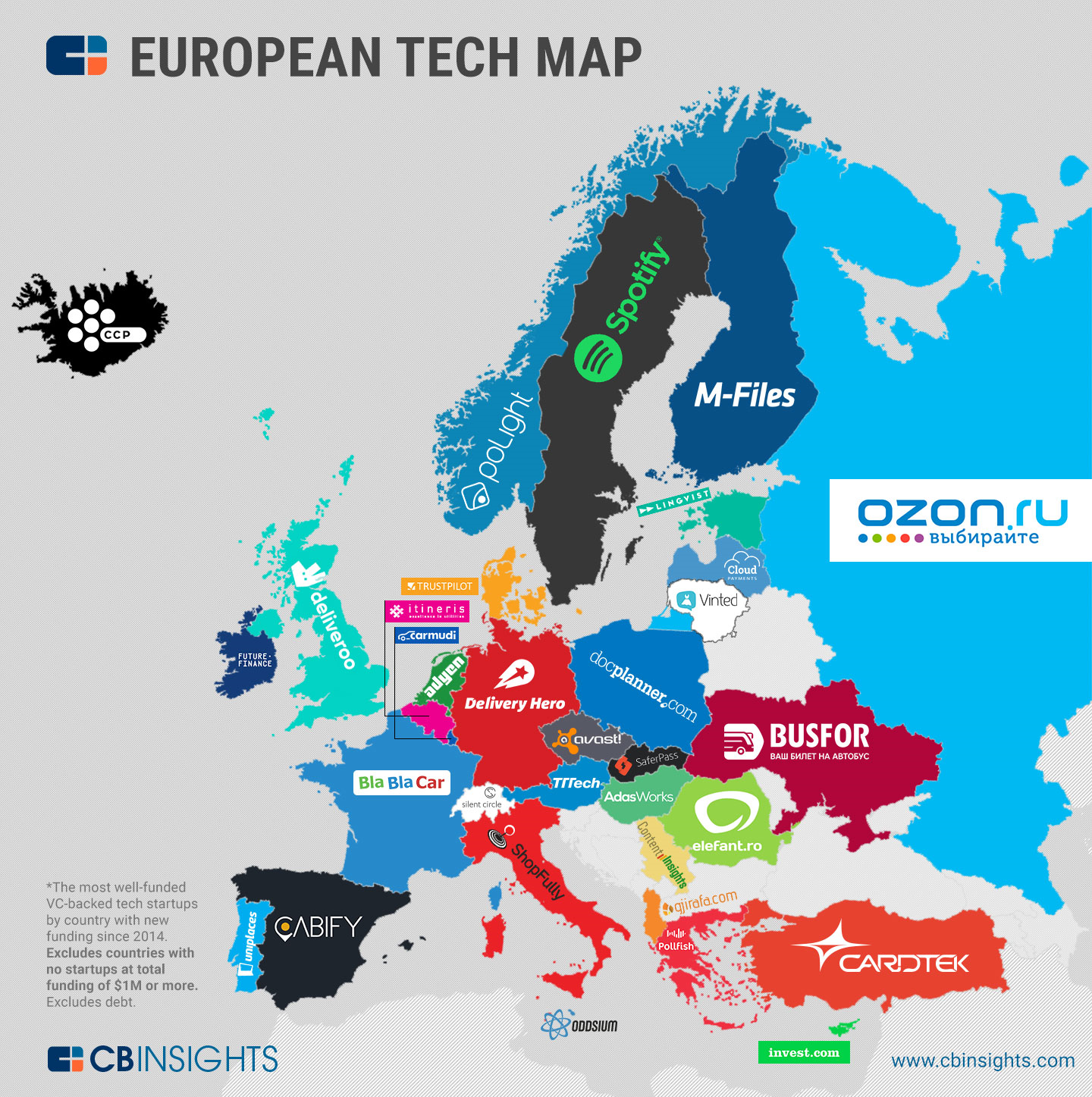
A little over 10 years ago, I had just completed HSBC’s 5-month Management Training (MT) Program in Manila and I was getting ready to join the Group Graduate Development Program (GGDP) in Bricketwood, England. GGDP was a roughly 2-month long program to allow the bank’s Management Trainees from all over the world to meet each other and take various modules in Finance and Management Development. That MTP-on-steroids turned out to be one of the most interesting and rewarding experiences of my life being the only Filipino in my batch composed of 92 trainees from 26 different countries.
In another corner of the world, the original iPhone had just been released, setting the stage for a tech revolution of massive proportions. In just a decade, the world has completely changed. The ubiquity of the iPhone and other smart gadgets has produced a generation of tech-savvy business founders, who are looking to play an active part in creating the future rather than wait for their turn to lead in the corporate jungle. Tech startups continue to proliferate by the day as more and more talented young graduates decide to shun glamorous and high paying corporate gigs to be their own bosses or work with friends. But that’s only half of the story. Many more talented individuals are choosing to still be employees, but in startups and not large corporations.
The new MT Programs
So why are Startups quickly becoming the new MT Programs? I list some of the top reasons below. The first 2 reasons are upgrades to perks offered by a traditional MT Program while the last 3 are startup constructs that pull many young individuals away from the corporate dream, which may already be a concept belonging to a past generation.
- Generalist Job: Most startup jobs are actually quite similar to MT Programs in the sense that they are generalist jobs. This is perfect for fresh graduates who have a shallow understanding of the business world and usually are uncertain about the specific direction of their careers. For most young graduates, breadth of knowledge is preferred over depth. In MT Programs, you rotate across numerous departments and shadow officers while they do their work. You are assigned relevant tasks at each post to get a better understanding of the various jobs and how they are connected. In Startups, you are normally hired for a specific role. However, and especially for early stage startups, the scope of work is constantly in flux as teams are small and early phase businesses evolve rapidly. In the process, startup employees also have the chance to build an extensive range of skills. The advantage of startups is the small size of the companies allowing most employees to play a part in the decision making process or at least hear about it first hand from the ultimate decision makers. Thus, most startup employees have a greater affinity to the company’s mission and a stronger motivation to achieve its goals.
- Instant Promotion: Another appeal of MT Programs is that they allow you to leapfrog a few layers in the corporate hierarchy. Most Management Trainees take on officer positions immediately allowing these talented graduates to manage employees who are a few years or up to a decade their senior. In early stage startups, there will rarely be other employees to manage. However, small team sizes of between 5–20 people allow for fancy job titles such as Head of Business Development or Director of Communications. To be fair, startup roles really do bring greater responsibility because startups need their employees to have a lot of initiative and think like business owners. In contrast, multinationals need most of their employees to be cogs in a large machine so there is more value in following established processes. The added benefit of startups is that you get to work closely with the ultimate business owners, who are normally visionary leaders and very inspirational.
- Remote Work: One of the major draws of Startups is the flexibility that they offer employees. A lot of startups allow employees to work from home, in coffee shops or wherever else they please. Some startups have entire teams that do software development or other back end functions by the beach. More often than not, this is a function of budget especially for startups who haven’t raised funding and are on bootstrapping mode. Yet, in this digital and connected world, young employees love this autonomy that few large corporations can extend.
- Co-working Spaces: As a corollary to remote work, many early stage startups also make use of co-working spaces. These are shared offices that allow young companies to keep costs down while being in an environment that is conducive to work (although that may be an anachronistic concept as well). An added benefit of co-working spaces is the community that it provides, which replaces the networking opportunities and social outlets that a large corporation afford. Even better, this gives young employees the opportunity to be exposed to a broader range of talented founders and employees in other startups.
- Equity Compensation: Counter-intuitively, one of the most attractive aspects of joining a startup is the pay. Yes, apart from the late stage companies like Uber and Airbnb which can offer above-market salaries for fresh graduates, most startups don’t use pay as their main draw. For the top quartile of graduates, it would still be much more lucrative in the short term to join an MT Program. However, the prospect of being offered equity compensation is hard to resist. It is not uncommon for startup employees to have shares in the company to offset the lower initial salaries and the risk of joining an unestablished company. Normally equity compensation is reserved for more experienced employees in critical roles, yet it is not a reach for a talented graduate to expect equity compensation after a few months or years on the job.
Idea Generation vs. Idea Execution
As my MT program culminated in 2007, we were broken into groups and asked to generate ideas and prepare presentations for new products that HSBC could launch. At the time, most bankers had blackberries (another casualty of the tech revolution) so we proposed an all-in-one platform for news, financial analyses, wealth management modules and account management. We presented our idea for ‘HSBC eye’ to the Group Chairman at the HSBC global headquarters in Canary Wharf, London. It was the highlight of my MT program.

In 2010, HSBC was the first bank worldwide to launch a mobile banking platform. There is no way to trace that commercial product back to our humble little MT project. To my knowledge, not a single member of our group took part in building that app. In all likelihood, that was a project built from scratch by an entirely different team with directive from top management. At the time of our presentation, apps were not yet mainstream so our proposal could have been considered theoretically sound but commercially unviable. Little did we know, right across the pond, the first wave of app developers were already creating these platforms that are widely available today. This might be the most compelling reason why talented graduates are flocking to startups. Perhaps they value the distinction between idea generation and idea execution.
Let’s be clear, management training programs are not going away. The best startups will eventually become large corporations themselves and there will be a changing of the guard. At a certain size, a previous startup becomes less nimble and has to create their own version of a graduate program as departments grow and specializations become necessary. Yet, the talent shift is noticeable and the large corporations may have to come up with something new if they want to retain a continuous source of talented young employees. Corporations need to find a way to allow talented employees to build the future.
Originally appeared on Miguel Encarnacion’s Medium post.
Thumbnail & Top Image Credit: www.johnnevitt.com




